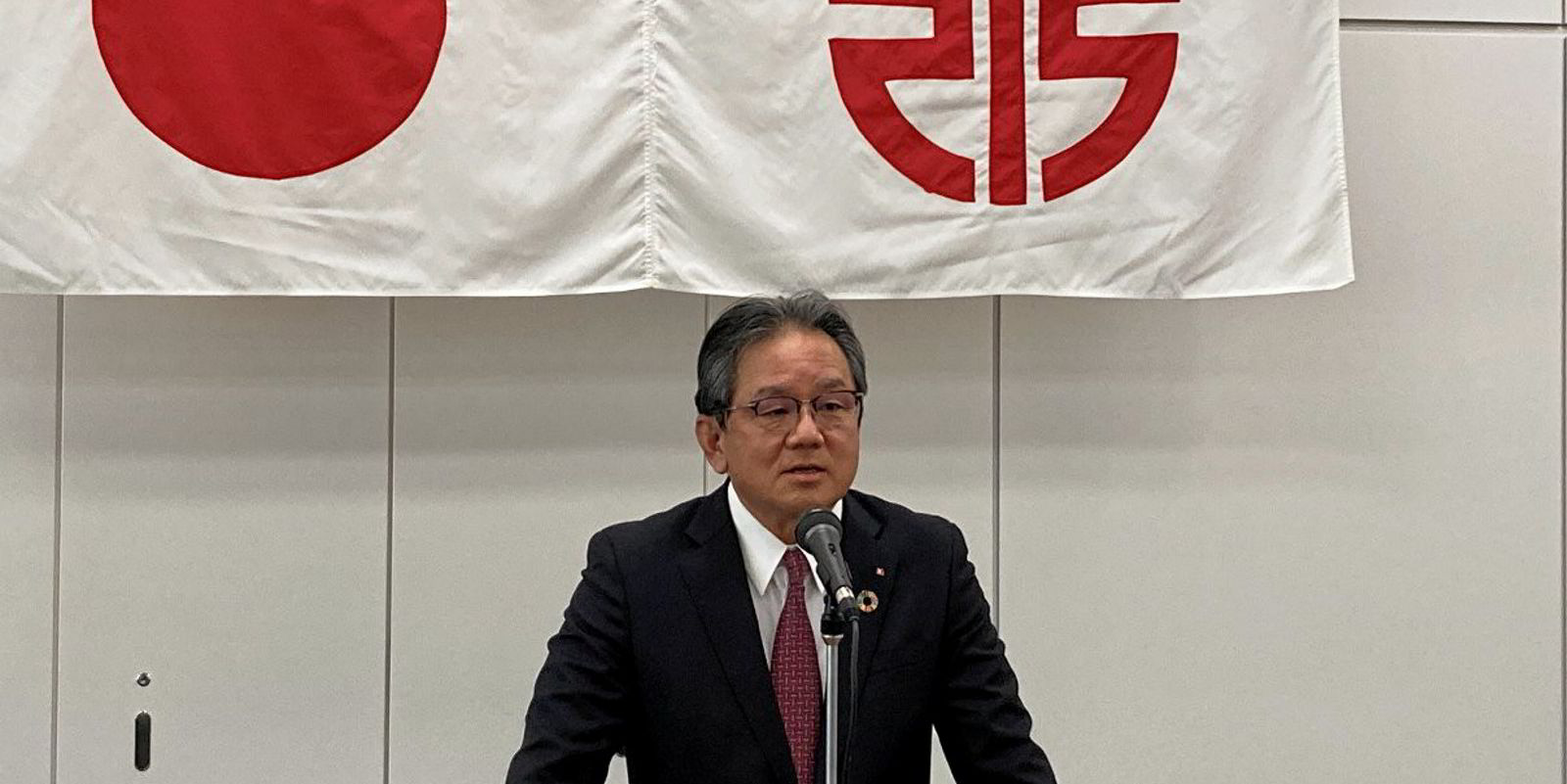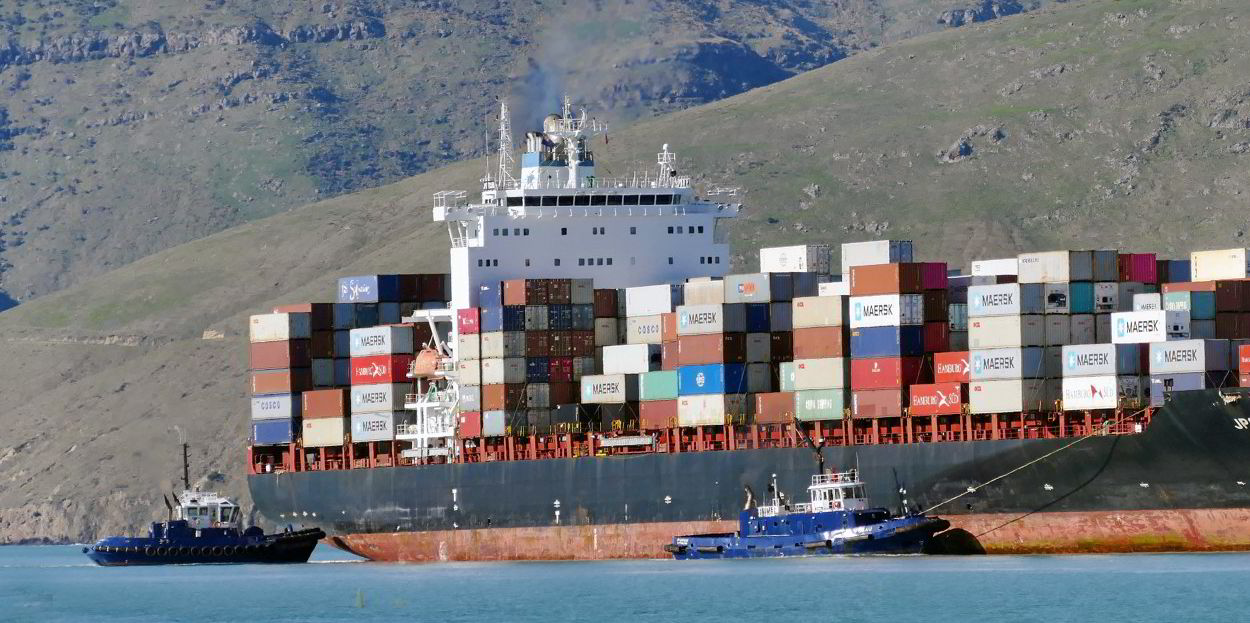Japanese shipowners and operators K Line and NYK Line remain the only two shipping groups to achieve an A rating from the Carbon Disclosure Project (CDP).
It is the third year in a row that both K Line and NYK have been the sole representatives getting the top score from the global non-profit investors’ organisation for their climate-change activities.
This year, 283 companies across all industries and businesses scored the top CDP grade for climate activities, up 34% from 2021. But the respected environmental rating agency said the number was still far too low.
The CDP regularly raises the bar for what qualifies as environmental leadership and, for 2022, it included new or more stringent scoring on, among other criteria, 1.5C aligned climate transition planning.
It also rates companies on deforestation and water security, and said progress in these areas remains slow.
More than 330 companies worth nearly $11trn in market capitalisation were highlighted across all three areas by the CDP’s environmental disclosure system for companies, cities, states and regions.
But just 12 companies — 1.3% of the more than 900 organisations requested to disclose against all three CDP questionnaires — were awarded a Triple A for their transparency and action, down from 14 last year.
Dexter Galvin, global director of corporations & supply chains at the CDP, said environmental disclosure is the first vital step towards a net-zero and nature-positive future.

“A List companies should be commended for the level of transparency in their CDP responses,” he said. “But we cannot ignore that these companies are in the minority.
“Most are still not managing all environmental issues holistically, and far too many are remaining complacent or failing to respond at all.”
NYK said the CDP’s annual environmental disclosure and scoring process is widely recognised as the gold standard of corporate environmental transparency. It said its success reflected efforts it was making to achieve a long-term target of net-zero emissions by 2050 for the group’s oceangoing businesses, among other measures it is taking.
Yukikazu Myochin, president and chief executive of K Line, said his company had revised its environmental vision for 2050 last year and is also striving for a net-zero 2050 goal and eventual full decarbonisation.
The CDP said about three quarters of the companies on the Climate Change A List have an approved science-based absolute or intensity emissions target, compared with 19% of A- to B- scoring organisations, and 2% of C to D- scoring outfits.
Some 95% of them also have a climate transition plan that aligns with a 1.5C world compared to 52% of A- to B- scoring companies, and 21% of C to D- scoring organisations.
Science-based targets were announced for shipping last week by the Science Based Targets initiative (SBTi) to help companies cut emissions to practically zero carbon by 2040.
However, the CDP said too many companies were failing to disclose their research at all.
The CDP said more than 29,500 organisations worth at least $24.5trn in market capitalisation — including Aramco, Tesla, Berkshire Hathaway, ExxonMobil and Chevron — scored an F for failing to respond to disclosure requests from their investors and clients or providing insufficient information in their responses.





